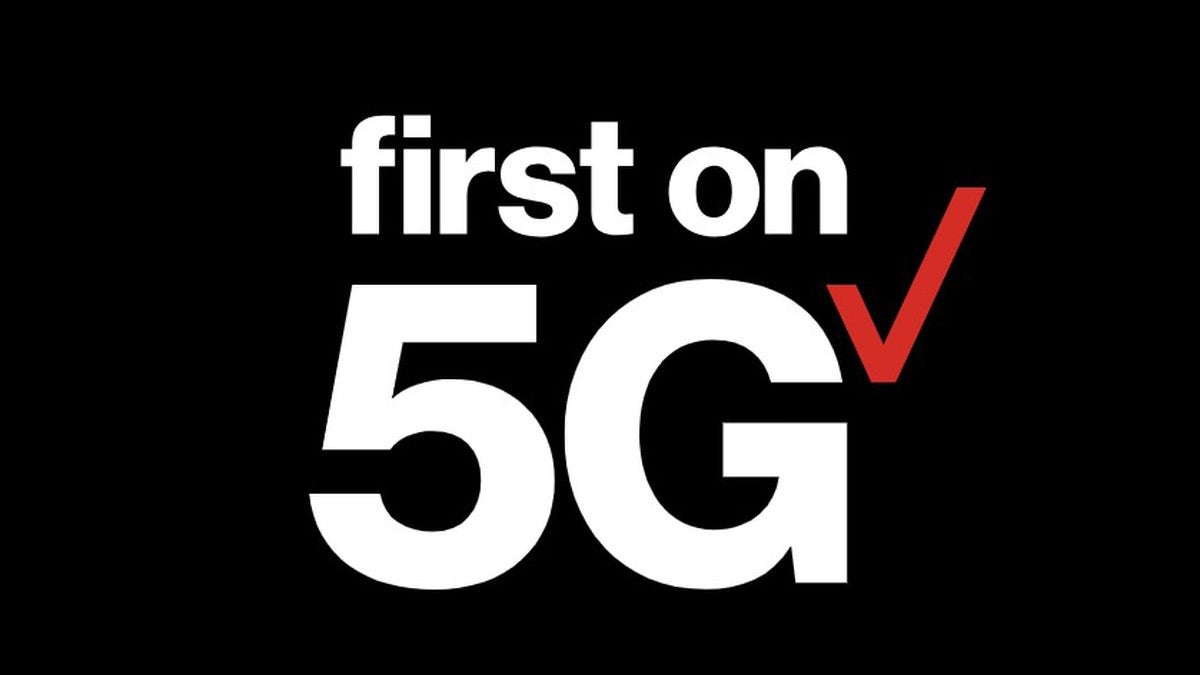The US may fight planned economy with 5G socialism to counter Huawei

When dealing with socialism do like the socialists, and give your companies government money to push them in the right direction - that seems to be the reasoning behind the Utilizing Strategic Allied Telecommunications Act that a bipartisan group of senators is proposing.
In it, a government sponsorship program for 5G equipment manufacturers, apparently aimed to counter Huawei's value-for-money leadership in the field is detailed. One of the things the US is accusing Huawei in, is receiving state money meant for futureproof industries. The bill is prepping to open taxpayer coffers over exactly the same thing, with money collected for spectrum auctions from the likes of Verizon or AT&T.
More than a $1 billion will be headed towards blocking "Chinese telecom-equipment makers" from getting a foothold in networks around the globe, and we all know which those are. That would be at least $750 million toward US companies developing open 5G standard and the equipment to match, plus a $500 million fund dedicated for those who use "trusted and secure" gear for 5G carrier networks abroad.
Given that the US overslept when it comes to 5G equipment standards and manufacturing, the bill is meant to spearhead the creation of local firms that can be an alternative to Huawei's alternatives like Nokia or Ericsson, in addition to footing the difference bill between their expensive base stations and Huawei's affordable 5G gear to anyone interested.
The National Telecommunications and Information Administration, which is part of the Commerce Department, will be managing the grants that the innovation fund will give for research and development of open-standard 5G. This, in turn, will benefit American companies that would like to enter the field that is now basically circled by the record number of Huawei 5G patents.
The $500 million Multilateral Telecommunications Security Fund, on the other hand, would be managed directly by the State Department, and will be aimed at participating in the creation of international engineering standards, catching up on the ground ceded to Chinese companies there. The "Security Fund" will also directly be giving money to foreign carriers that choose to build their 5G networks with non-Chinese gear, it seems:
- Require the Federal Communications Commission (FCC) to direct at least $750 million, or up to 5 percent of annual auction proceeds, from new auctioned spectrum licenses to create an O-RAN R&D Fund to spur movement towards open-architecture, software-based wireless technologies, funding innovative, ‘leap-ahead’ technologies in the U.S. mobile broadband market. The fund would be managed by the National Telecommunications and Information Administration (NTIA), with input from the FCC, Defense Advanced Research Project Agency (DARPA), and National Institute of Standards and Technology (NIST), among others;
- Create a $500 million Multilateral Telecommunications Security Fund, working with our foreign partners, available for 10 years to accelerate the adoption of trusted and secure equipment globally and to encourage multilateral participation, and require reports for Congress on use of proceeds and progress against goals to ensure ample oversight;
- Create a transition plan for the purchase of new equipment by carriers that will be forward-compatible with forthcoming O-RAN equipment so small and rural carriers are not left behind;
- Increase U.S. leadership in International Standards Setting Bodies (ISSBs) by encouraging greater U.S. participation in global and regional telecommunications standards forums and requiring the FCC write a report to Congress with specific recommendations;
- Expand market opportunities for suppliers and promote economies of scale for equipment and devices by encouraging the FCC to harmonize new commercial spectrum allocations with partners where possible, thus promoting greater alignment with allies and driving down the cost of Huawei alternatives.
A veritable 5G bonanza for all that may still come a bit too little too late but, as Sen. John Cornyn state: "By helping to spur innovations in 5G, we can inoculate ourselves against the threat posed by China and encourage the development of technology that is secure, affordable, and economically beneficial to our allies."
Follow us on Google News













Things that are NOT allowed:
To help keep our community safe and free from spam, we apply temporary limits to newly created accounts: